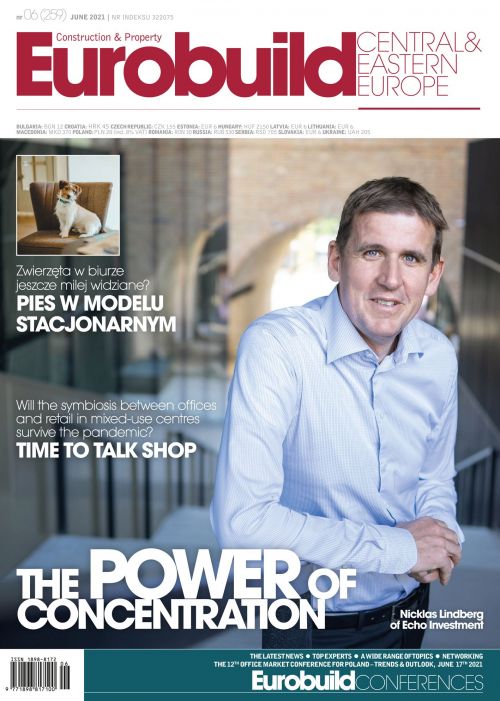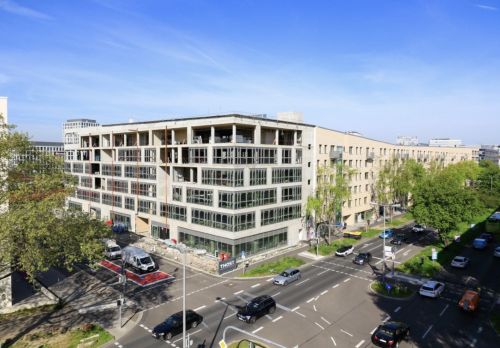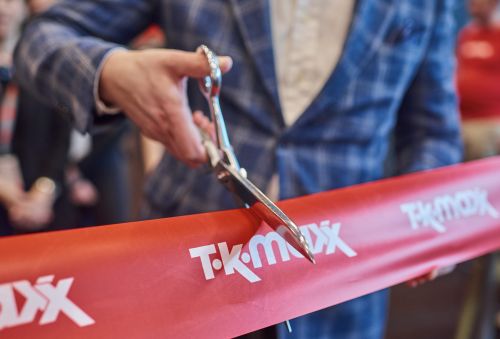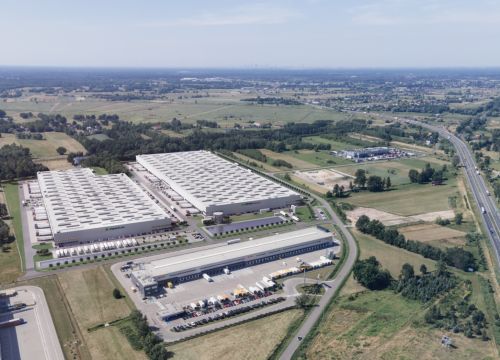In April, the big story was the launch of the bid by Prague-based CPI PG with German partners Aroundtown to take over Globalworth – the largest office portfolio owner in both Poland and its home country Romania. A few days afterwards, it was revealed that the merger (initially announced in February) between Polish company Echo Investment and its Wrocław-based residential development counterpart Archicom had been sealed. While back in March, Immofinanz embarked upon its latest attempt to buy out its rival on the Austrian market, S Immo. Both Immofinanz and S Immo also have considerable portfolios across various real estate sectors (but mainly office) in the CEE region. And in February, US investor Starwood Capital launched a bid (so far stalled) for another major Austrian player active across the CEE region, CA Immo.
There really had been little or no activity of this kind (i.e. corporate takeovers, mergers and acquisitions of portfolios and platforms) since just before the Covi





























































